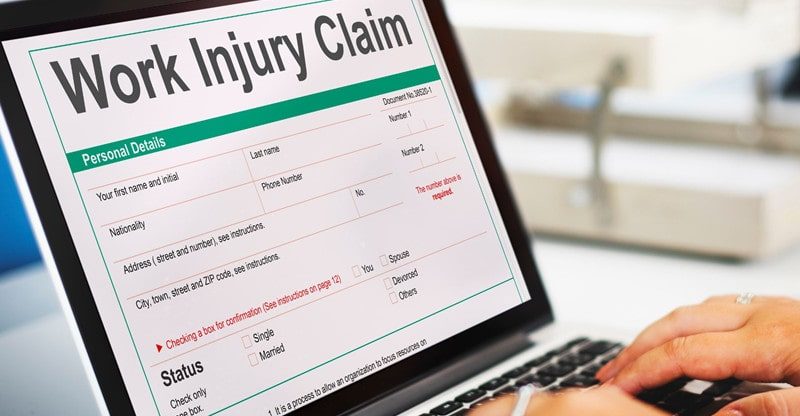7 Ways an Employer Will Try to Deny Worker’s Compensation for You
When you are hurt on the job, navigating through the worker’s compensation process and getting the benefits you deserve can be difficult. Not every company will treat employees fairly and ethically when handling these matters.
Some businesses try to take advantage of their employee’s vulnerability in these situations. Even though workers comp is a no-fault system, that doesn’t mean you can’t be lowballed by your employer. An employer can try to deny you your rightful benefits in many ways.
Employers failing to honor worker’s compensation claims is normal in states like Indiana. Many companies refuse to pay their obligations. It is easy for people to find themselves in these situations in Indiana due to employers’ greed. You need to fight your employer with the help of reputed law firms like Klezmer Maudlin PC if you find yourself in such a situation.
Denying your worker’s compensation will be easier for the employer if you don’t hire a lawyer. The worker’s compensation attorney will know all about the common tricks an employer will use to deny your claim.
Here are seven common tricks they may use against you:
1. Your employer may claim that your negligence injured you
One way that an employer can deny you your rightful benefits is to claim that your own negligence caused the injury. This is a common trick that many employers will try to use against you. They will claim that you were injured by negligence, even though you were injured while doing your job.
2. Your employer may claim that the accident was not work-related
Another way an employer can deny you your rightful benefits is to claim that the accident was not work-related or happened while you were off-duty. This can happen when an injury occurs during regular working hours.
3. Your employer may claim that there is no worker’s comp policy
If there is no worker’s compensation policy, the employer won’t be required to pay for any benefits. If this happens, it could be used as evidence against them if they are sued for any injuries they may have sustained.
4. Your employer may claim that there is no proof of your injury
The employer may try to deny you your rightful benefits by claiming that there is no proof of your injury. They may use this as an excuse to deny you the amount you are entitled to.
5. Your employer may claim that there is a gap in your work record
If there is a gap in your work record, it will be difficult to prove that you have been injured while at work. The employer can use this as an excuse for not paying your benefits. If this happens, it could be used against them if they are sued for any injuries they may have sustained.
6. Your employer may claim that they were not aware of the accident
Your employer can deny you your rightful benefits by claiming that they were unaware of the accident and therefore did not know how you were injured. This is something that many employers will try to use against you, especially if it is a large corporation or a government agency.
7. Your employer may claim your medical treatment was unnecessary
The employer may claim that your medical treatment was unnecessary and will not compensate you for your injuries. This is something that can happen in the case of a minor injury. If you cannot prove that your medical treatment was necessary, you may be denied unnecessary. This is something that many employers will try to use against you to avoid paying you for your injuries.
Image source: https://imagesource.io/images/worker-injury-claim/



